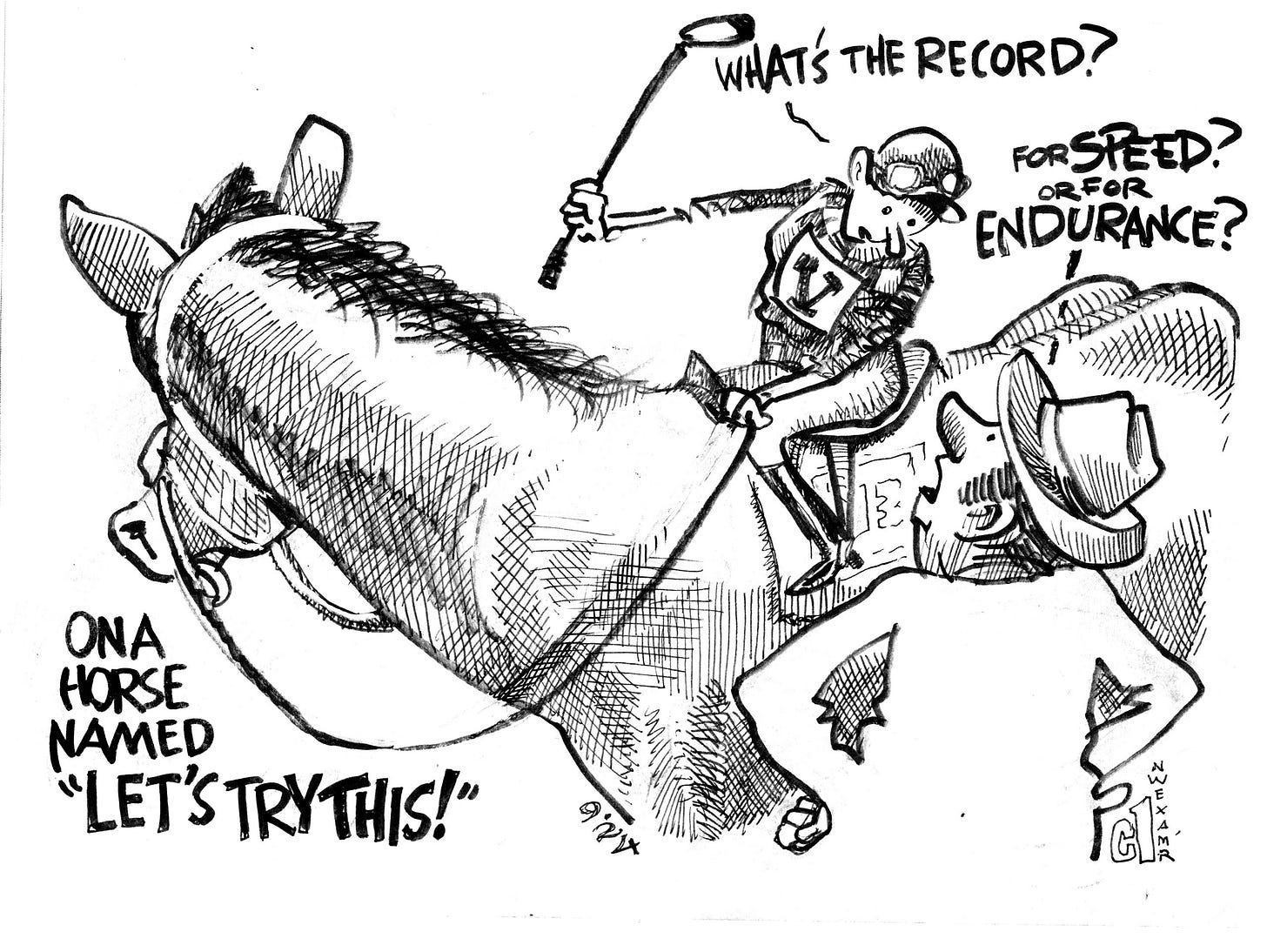Charter path can get thorny
Editorial
Portland’s hopes for a comeback are tied to a novel government structure perhaps unique in American history. The new voting system is so complex, one has to become familiar with a vocabulary of RCV, MMD, PR and STV to talk about it.
Various permutations of ranked-choice voting and multimember districts were tried in the early 20th century, but all were abandoned—a fact conveniently left out of charter reform debates.
Why did they fail, and why should we expect something different this time around?
Voting reform emerged in the Progressive Era in the late 19th century amid social and economic inequality in many forms. Monopolies, railroad barons, corporate tycoons and the political parties that served them were blamed for strangling “the little man.”
Professor Douglas J. Amy at Mount Holyoke College said two dozen U.S. cities enacted a form of ranked-choice voting in the early 20th century, including New York, Cleveland, Cincinnati and Sacramento. By 1960, only one city council was elected this way—Cambridge, Mass., which does not have multimember districts.
Amy gives several reasons why they were overturned: political parties were threatened, a white backlash set in and the Red Scare painted everything hinting at social equality.
In other words, the old guard still had the means to flip the game board and go back to the way things were. Reformers occupied the seats of government, but the levers of power remained in the same hands as before.
Did populist forces push too hard, attempting radical changes before the public was ready and while the old guard retained much of its muscle?
If that was at least part of their downfall, it is a lesson Portland’s Charter Commission ignored. The commission adopted these “desired outcomes:”
Government addresses past harms.
Electoral system that promotes equitable distribution of services.
Government adheres to its values, including its commitments to anti-racism and equity.
A lower threshold to win election.
Candidates face fewer barriers, play by the same rules and aren’t advantaged by wealth.
Portlanders can access services and influence power regardless of wealth or other privilege.
While there may be nothing inherently wrong in any of these goals, they reflect a code language with specific meanings understood by insiders. Addressing past harms may imply racial reparations, for instance.
Whether these desired goals go further depends on who is elected. While receiving the most votes is ordinarily considered the essence of a democracy, the Charter Commission deemed winner-takes-all elections to perpetuate inequality. Instead, the ideal it enshrined is that candidates speaking for narrower subpopulation groups deserve every advantage. Candidates capturing only 25 percent of the vote will be declared winners. There goes any need to compromise with more broadly held views.
Candidates unacceptable to a majority of voters may get on the new council. Can that create a stable, functioning political system? Or will it become another idealistic experiment that falls under its own weight? Government that does not represent the will of the people will—and should—fail.
The truth is, we need governmental and economic reform in our city. Our bureaucracy is broken, meddling where it does not belong and unable to act when it is needed, supposedly short of funds but spectacularly wasteful in ways obvious to all.
Inequality in our society has by some measures surpassed that of the Gilded Age, which strains any democracy. Those struggling to get by must be able to believe that they can improve their lot through diligence and discipline. Otherwise, they will be tempted by demagogues promising to tear it all down.
The new council faces a formidable challenge. It must ride a wild horse bred for rampage, keeping it in its lane and making adjustments without stifling its speed. Too reckless, and the whole system may collapse, handing the reins to a new regime likely heading in a different direction.



